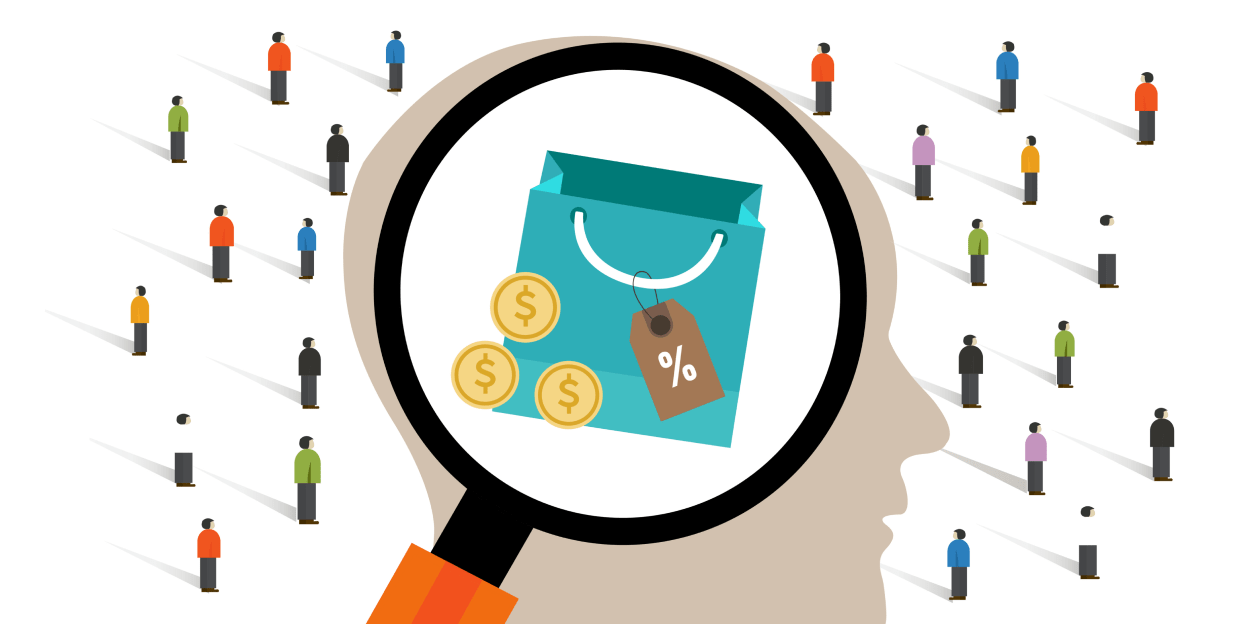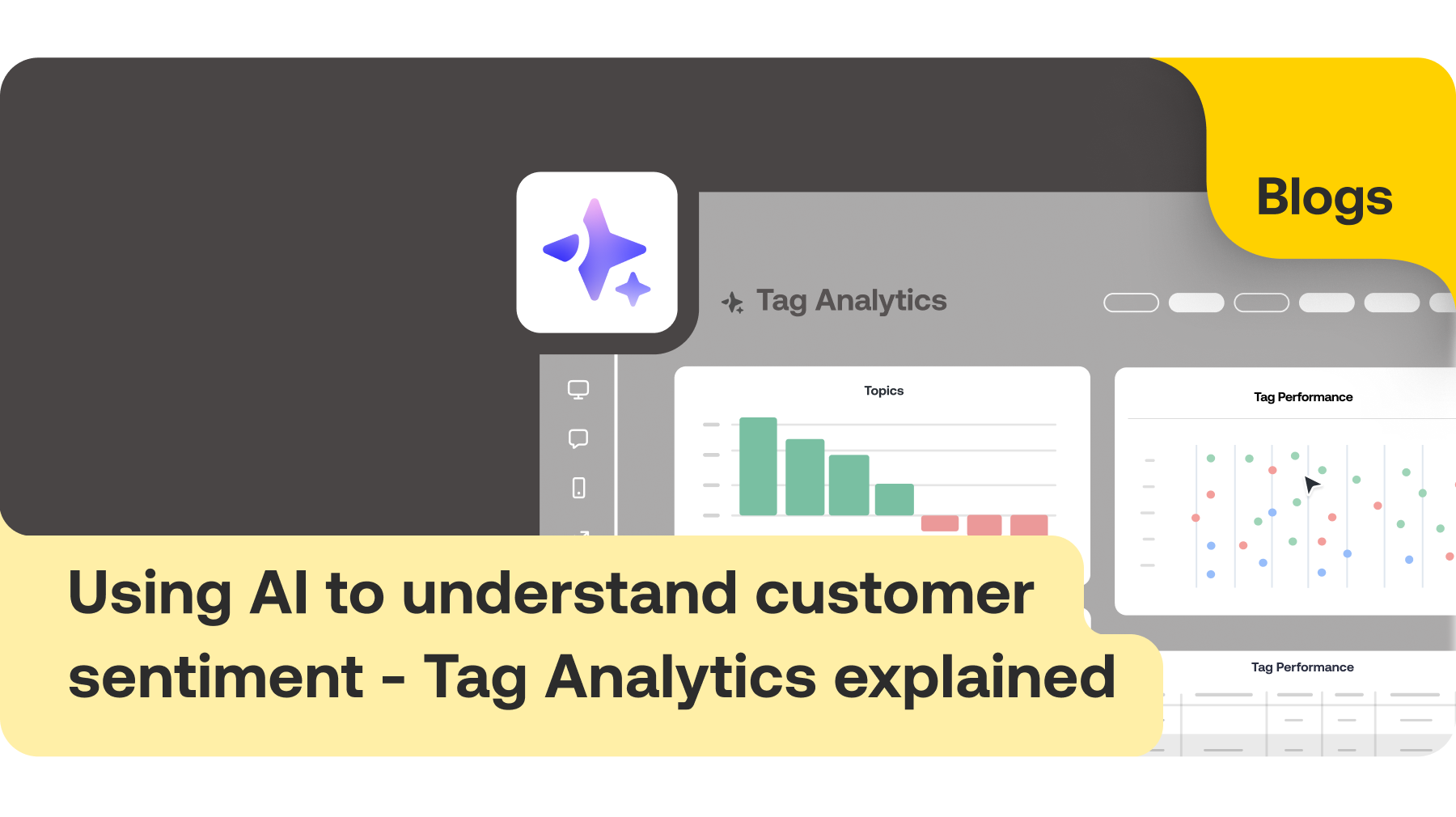Knowing what motivates consumers to choose one product over another is crucial for business and marketing success. Learn what customer behaviour is, why it’s important and what influences it with our Feefo guide.
What is consumer behaviour?
Consumer behaviour is how individuals and groups make decisions to purchase, use, and dispose of products, services, ideas, or experiences. It involves examining the various factors and influences that shape a consumer's choices, including psychological, social, cultural, and economic elements.
Why is understanding consumer behaviour important?
By delving into consumer behaviour, you can understand who your customers are, how they behave, and why. It involves examining several key aspects, including:
- Demographics
- Competitor interactions
- Brand loyalty
- Habits
Understanding how consumers behave can be beneficial in many ways, including:
Gaining insights into competitors
By looking at how consumers interact with your competitors' products or services, you can uncover their strengths and weaknesses. This knowledge empowers your business to strategically position itself in the market, identifying areas where you can outperform competitors and target unmet customer needs.
For example, if you're in the smartphone industry and you notice competitor reviews of customers wanting longer battery life, you can focus on developing phones with exceptional battery performance. By aligning your product with this specific customer preference, you can capture their attention in a crowded market.
Improving customer satisfaction
By identifying customer pain points, preferences, and expectations, you can address them and improve their overall experience with your products or services. This heightened satisfaction not only leads to loyalty but also encourages repeat business and even brand advocacy. When customers consistently receive what they need, they're more likely to choose your brand over competitors, return for future purchases, and even recommend your products or services to others.
Targeted marketing campaigns
By segmenting your audience based on their behaviour and interests, you can create more personalised and relevant marketing messages that resonate with potential customers.
This personalised approach to content, recommendations or offers not only increases customer loyalty and retention but also fosters a deeper connection between you and your customers.
Reducing wasteful spending
Understanding consumer behaviour allows businesses to allocate their resources more efficiently by directing marketing efforts toward channels and strategies that align with consumer preferences. This minimises wasteful spending on ineffective campaigns, ultimately optimising the return on investment.
For example, if a makeup company identifies that its target audience prefers social media influencers for product recommendations, it can allocate a larger portion of its marketing budget to influencer partnerships.
To learn more, read our guide on how to succeed with customer insights.
The four types of consumer behaviour
Here’s a breakdown of the four types of consumer buying behaviour and their implications for businesses.
1. Habitual buying behaviour
Habitual buying means repeatedly buying a particular product or service without much thought or consideration. Common examples include everyday items like toothpaste or laundry detergent. Consumers typically stick to familiar brands or products, making quick and automatic purchase decisions.
There isn't much brand loyalty involved, as consumers often choose based on convenience and familiarity rather than a strong attachment to a specific brand.
2. Variety-seeking buying behaviour
Variety-seeking behaviour happens when consumers actively look for new and different products or services. They enjoy trying out various options and might switch between brands or products frequently. For instance, they might want to try a new crisp flavour or a different brand of smartphone.
For businesses, this behaviour suggests the need to innovate, introduce new offerings, and create marketing campaigns that attract consumers looking for novelty and variety.
3. Complex buying behaviour
Complex buying behaviour is characteristic of situations where consumers face significant purchase decisions that involve high levels of risk or investment. It often occurs when buying expensive products like cars, houses, or advanced technology. Consumers usually undertake extensive research, evaluate multiple options, and consider various factors, like features, pricing, and reviews, before making a decision.
Businesses encountering complex buying behaviour should focus on providing detailed information, showcasing reviews to build trust, and offering exceptional customer support.
4. Dissonance-reducing buying behaviour
Dissonance-reducing behaviour frequently comes into play when consumers begin to feel a bit uncertain or regretful after making a significant purchase. To ease those feelings, they look for reassurance and validation. They might chat with friends, read reviews, or do some extra research to confirm that they made the right choice.
Businesses may offer warranties or return policies to help ease customer doubts and build trust in their decision. Providing transparent information, like reviews and detailed product descriptions, can also help with this.
What influences consumer behaviour?
There are many factors that drive consumer behaviour, the main ones being:
Personal interests
People often gravitate toward products, services, ideas, or experiences that match their personal preferences.
For example, when exposed to an advertisement for a new camera lens, a photography enthusiast is more likely to make a purchase compared to someone who has never owned a camera.
Age
Age is a crucial determinant of consumer behaviour, playing a pivotal role in shaping how individuals and groups make choices when buying, using, or disposing of various offerings.
For instance, research found that 44% of Generation Z consumers have made purchase decisions based on social influencer recommendations, compared to 26% of other age groups. Therefore, if Generation Z is your target audience, influencer marketing is likely to be particularly effective.
Income
Income levels are a fundamental component of consumer behaviour as they determine purchasing power and accessibility to different products and services.
Someone with limited expendable income may tend to exhibit complex or dissonance-reducing buying patterns, which involve more extensive research or occasional post-purchase regrets. In contrast, individuals with higher incomes often have the financial freedom to make more impulsive or diverse purchase decisions.
Group influence
The opinions of the people around us, like friends, family members, and even colleagues at work, can significantly influence our buying decisions. In fact, Jungle Scout found that 56% of consumers are influenced by posts shared by friends and family.
For example, when someone is planning to buy a new smartphone, their friend's positive experience with a particular brand or model might sway their choice.
How reviews impact customer behaviour
Reviews are a powerful tool in shaping purchasing decisions, as they provide authentic insights into products, services, and brands. Positive reviews can instil confidence and trust in potential customers, steering them toward making a purchase. In fact, research by Dixa discovered that 93% of customers will read online reviews before making a purchase.
Conversely, negative reviews can deter prospective buyers and redirect them to alternatives. Nosto found nearly 58% of people won't purchase from an eCommerce store if it doesn't display customer reviews. This is even more significant with Gen Z (64%) and millennials (60%).
At Feefo, we provide businesses with verified reviews, ensuring that potential customers know they come from people who have genuinely experienced your product or service. According to the Feefo Consumer Report 2019, 50% of consumers are more likely to trust a brand with authenticated reviews.
Read our guide on what makes a review verified and why it matters to learn more.
Start collecting customer feedback with Feefo
To learn more about how Feefo reviews can support your business and enhance your digital advertising efforts, get in touch with our team of experts today.



